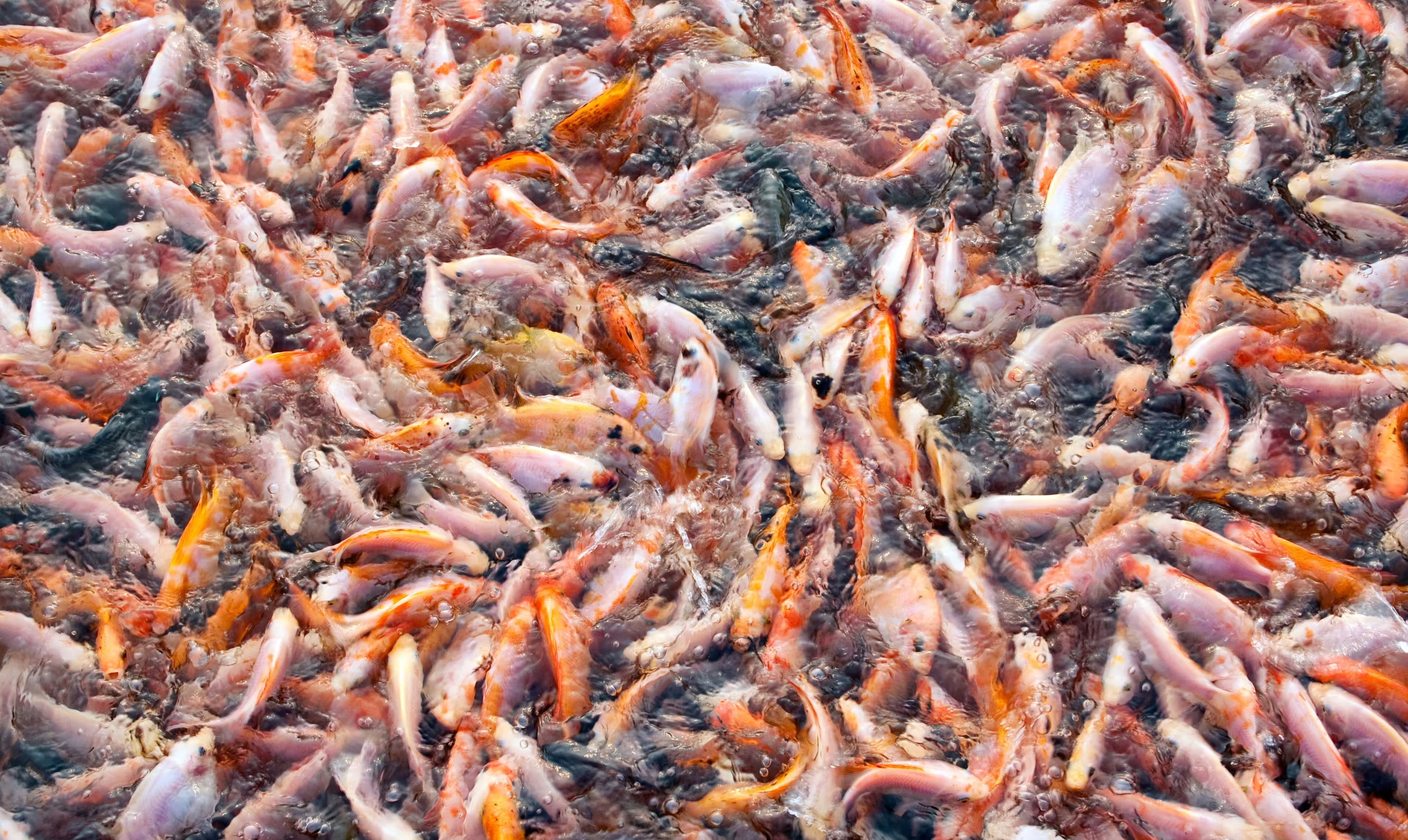Victory for Washington’s Fishes and Waters: State Bans Commercial Net Pen Fish Farming





Washington state just banned underwater factory farms, protecting millions of fish and local waters from industrial aquaculture.

In a landmark decision for animal protection, Washington state has officially banned commercial net pen fish farming on state-owned aquatic lands.
This significant move, announced on January 7, 2025, marks a crucial step in protecting both farmed and wild fish from the harmful impacts of industrial aquaculture.
What is commercial net pen fish farming?
Commercial net pen fish farming, technically known as "Commercial Finfish Net Pen Aquaculture" (CFNPA), involves confining fish in large underwater cages or nets in open water—essentially creating underwater factory farms. These operations typically raise fish in crowded conditions for commercial harvest and sale, raising significant animal welfare concerns.
Why the ban matters
The decision stems from a devastating 2017 incident where a net pen collapse near Cypress Island released 250,000 non-native Atlantic salmon into Puget Sound. Beyond the obvious welfare implications for the confined fish, this disaster threatened native salmon populations and demonstrated the broader risks of industrial fish farming to marine animals.
How change happened
The successful campaign to ban net pen farming was spearheaded by Our Sound, Our Salmon, a campaign led by the Wild Fish Conservancy, with support from animal protection organizations including Animal Policy Alliance members Pasado’s Safe Haven, Northwest Animal Rights Network, Animal Rights Initiative, and The Humane League. These groups united around a shared mission to protect both farmed and wild fish, mobilizing public support and encouraging Washington residents to advocate for stronger protections. Their collective efforts demonstrate how animal advocacy can create meaningful change for aquatic animals.
What’s next?
The ban, which took effect on January 21, 2025, prohibits new commercial fish farming operations from leasing state-owned aquatic lands. While the ban maintains exemptions for tribal ceremonial and subsistence purposes, it represents a significant step forward in recognizing fish as sentient beings deserving of protection. This decision positions Washington as a leader in aquatic animal protection and could inspire similar measures in other coastal states.
 Hannah Truxell
Hannah Truxell




